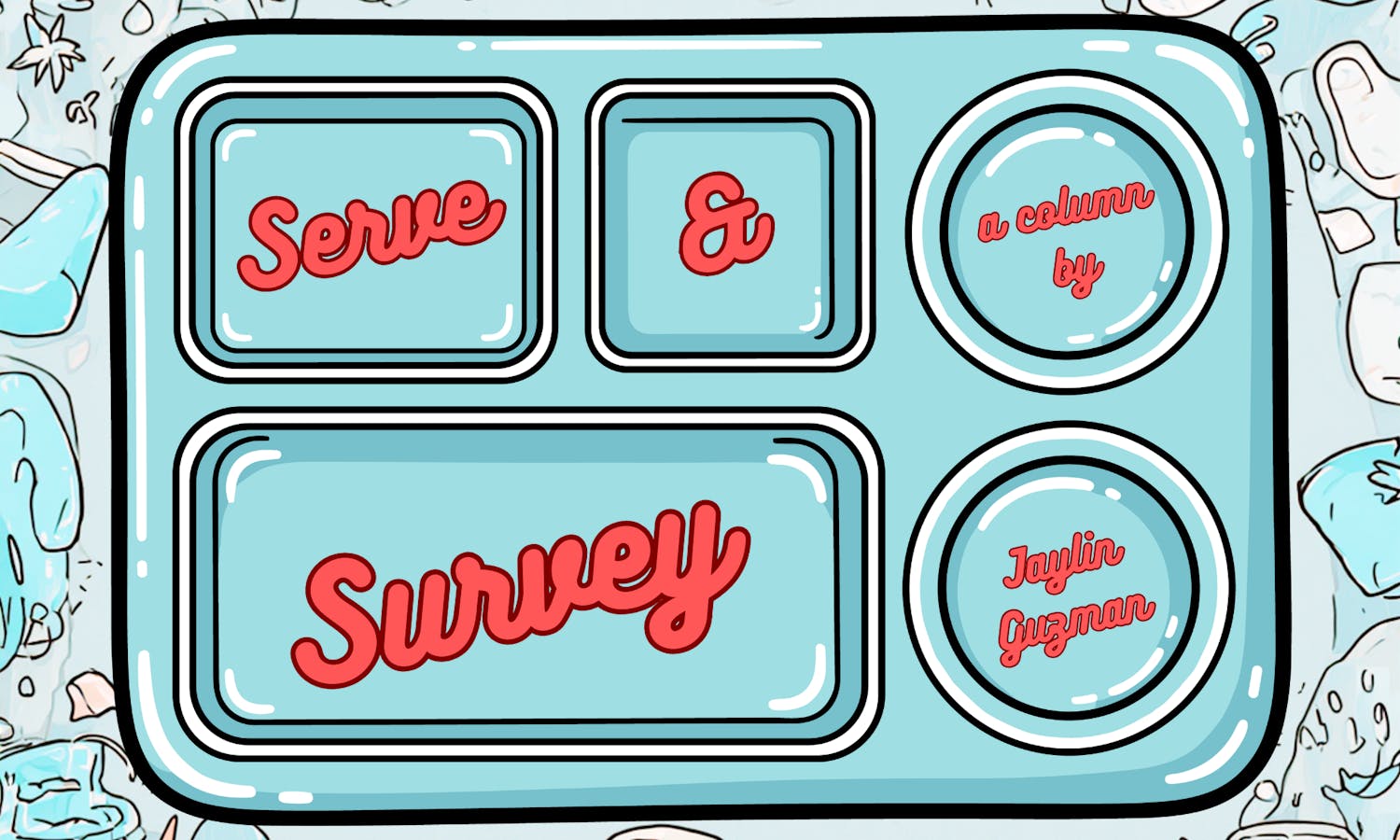Another Bites The Dust: A deep dive into cancel culture
Like many other kids, I was obsessed with “Harry Potter” growing up. I never enjoyed reading back then; it always felt like a chore. That is until my friend recommended the “Harry Potter” series to me.















